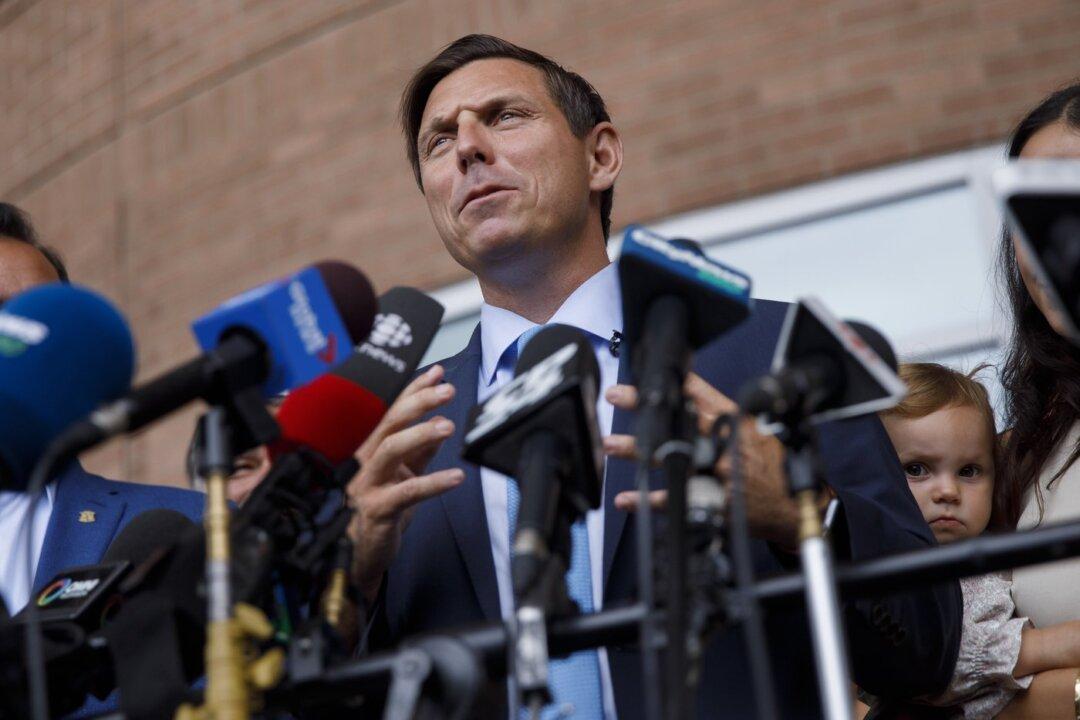A Conservative committee reviewing Patrick Brown’s disqualification from the leadership race has concluded the party had the evidence it needed to recommend he be removed from contention.
Its decision, released late Friday, contains new allegations Brown used money orders to purchase memberships and allowed non-compliant membership sales through a portal.





